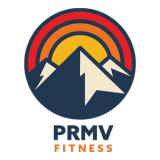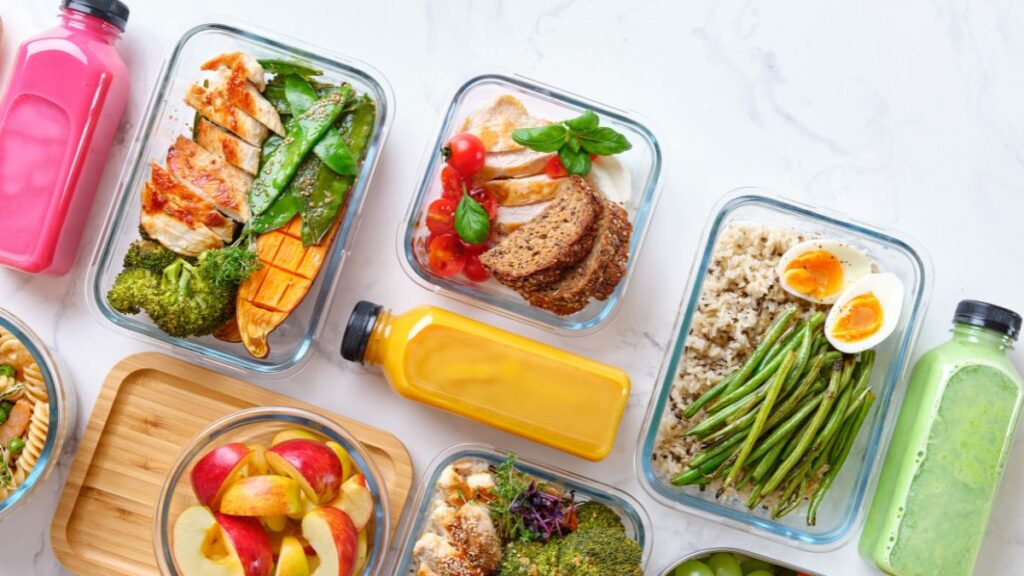Introduction
Ever wondered why some workouts feel amazing, while others are a struggle? It's not cosmic forces; it's your pre-workout nutrition. In this comprehensive guide, we'll delve into the science and practical tips for fueling your body for peak performance.
Why Pre-Workout Nutrition Matters
The Building Blocks: Proteins, Carbs, and Fats
Proteins, carbs, and fats are the holy trinity of pre-workout nutrition. While the exact ratio can vary based on your individual needs, a general guideline is medium protein, high carb, and low fat.
- Proteins: Essential for muscle repair. Opt for lean sources like chicken or plant-based options like lentils.
- Carbohydrates: Your body's primary energy source. Go for complex carbs like whole grains for sustained energy.
- Fats: Necessary for hormone production but digest slowly. Stick to a small amount of healthy fats like avocado.
Actionable Tip: A balanced pre-workout meal should have 20-30 grams of protein, 40-50 grams of complex carbs, and 10-15 grams of healthy fats.
Pre-Workout Supplements: What Works and What Doesn't
Navigating the supplement aisle can be daunting. Here's what you need to know:
What Works:
- Caffeine: Increases alertness and reduces your perception of effort, making your workout feel easier.
- Beta-Alanine: This amino acid helps buffer acid in your muscles, improving your performance in the 60-240 second range of high-intensity efforts.
- BCAAs (Branched-Chain Amino Acids): These can reduce muscle soreness and improve recovery, making them particularly useful for those engaging in frequent or high-intensity workouts.
What Doesn't:
- Arginine: Often touted for its ability to increase nitric oxide and improve blood flow, but the body doesn't absorb it well, making its efficacy questionable.
- Glutamine: While essential for immune function, it doesn't appear to offer the performance-enhancing benefits often claimed on supplement labels.
- Taurine: Commonly found in energy drinks, it's often included in pre-workout supplements. However, there's limited evidence to suggest it improves athletic performance.
Actionable Tip: Choose supplements with transparent labeling and avoid "proprietary blends" where the exact amounts of each ingredient are unknown. Always consult with a healthcare professional before adding new supplements to your routine.
Crafting the Ideal Pre-Workout Meal
- For Endurance: High-carb meals like whole-grain pasta work best.
- For Strength: A balanced meal like grilled chicken and sweet potato is ideal.
Actionable Tip: Eat 1-2 hours before your workout for optimal results.
Real-World Pre-Workout Meals: What Athletes Eat
- Jane, the Marathon Runner: She blends a smoothie with bananas for quick carbs, protein powder for muscle recovery, and a dash of honey for natural sweetness.
- Mike, the Bodybuilder: He opts for oatmeal for sustained energy, topped with almonds and whey protein to aid muscle growth.
- Chris, the Cyclist: Chris fuels up with a bowl of quinoa mixed with grilled vegetables and a side of grilled chicken. The quinoa provides complex carbs for long-lasting energy, while the chicken offers the protein needed for muscle repair.
- Emily, the Rower: She prefers a plate of brown rice with salmon and a side of steamed broccoli. The brown rice provides the carbs she needs, the salmon offers omega-3 fatty acids for inflammation control, and the broccoli adds a dose of fiber and vitamins.
- Sophia, the Skier: Sophia enjoys a whole-grain wrap filled with turkey, spinach, and a light smear of hummus. The wrap gives her the carbs she needs, the turkey provides lean protein, and the spinach offers essential vitamins and minerals.
- Alex, the Crossfit Athlete: Alex goes for a sweet potato and black bean bowl, topped with avocado and a sprinkle of chia seeds. The sweet potato provides complex carbs, the black beans offer protein and fiber, and the avocado adds healthy fats and potassium.
Pre-Workout Nutrition FAQs
What's the best thing to eat before a workout
A balanced meal with 20-30 grams of protein and 40-50 grams of complex carbohydrates is ideal for most workouts.
Is it okay to workout on an empty stomach?
For low-intensity exercises, it's generally fine. For high-intensity workouts, it's recommended to eat a balanced meal 1-2 hours before.
How long should I wait to work out after eating?
It's best to wait 1-2 hours after eating a balanced meal to work out. This allows for optimal digestion and nutrient absorption.
Do pre-workout supplements really work?
Some ingredients like caffeine and beta-alanine have proven benefits. However, it's crucial to choose supplements with transparent labeling and consult a healthcare professional.
What foods should I avoid before working out?
High-fat and high-fiber foods are best avoided as they can cause digestive issues and discomfort during your workout.
Conclusion: Your Path to Peak Performance Starts Here
Your best workout starts in the kitchen. Understanding pre-workout nutrition can be a game-changer. What's your go-to pre-workout meal? Share in the comments below!

